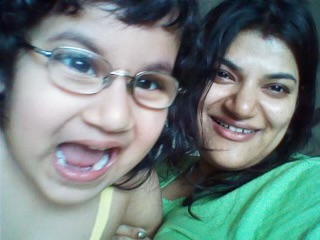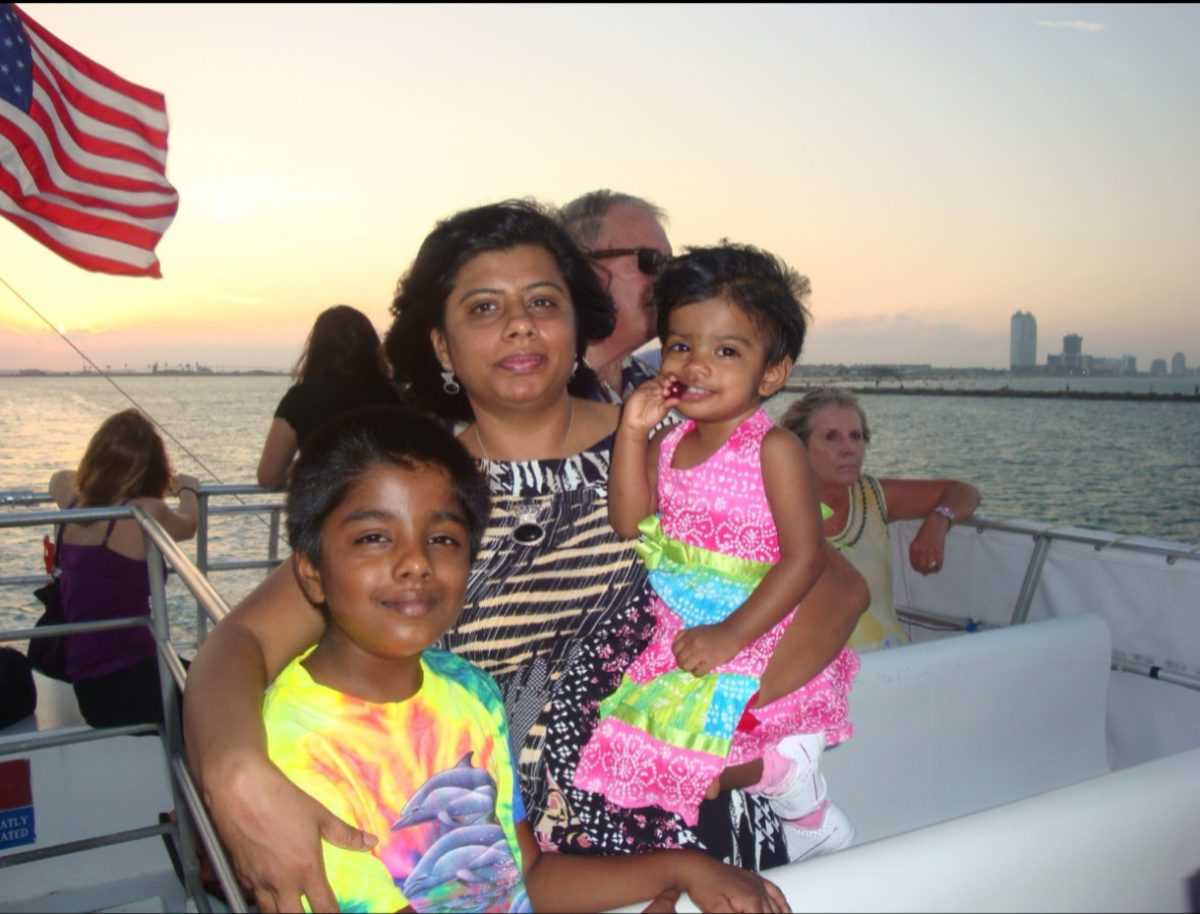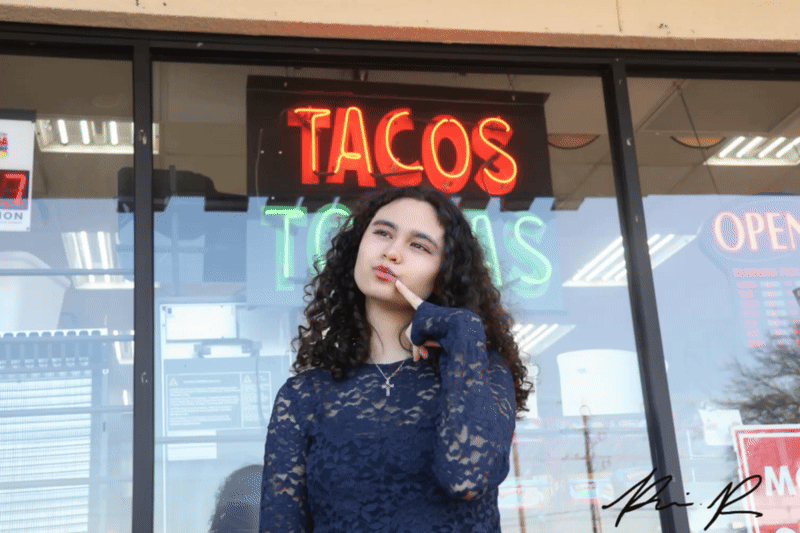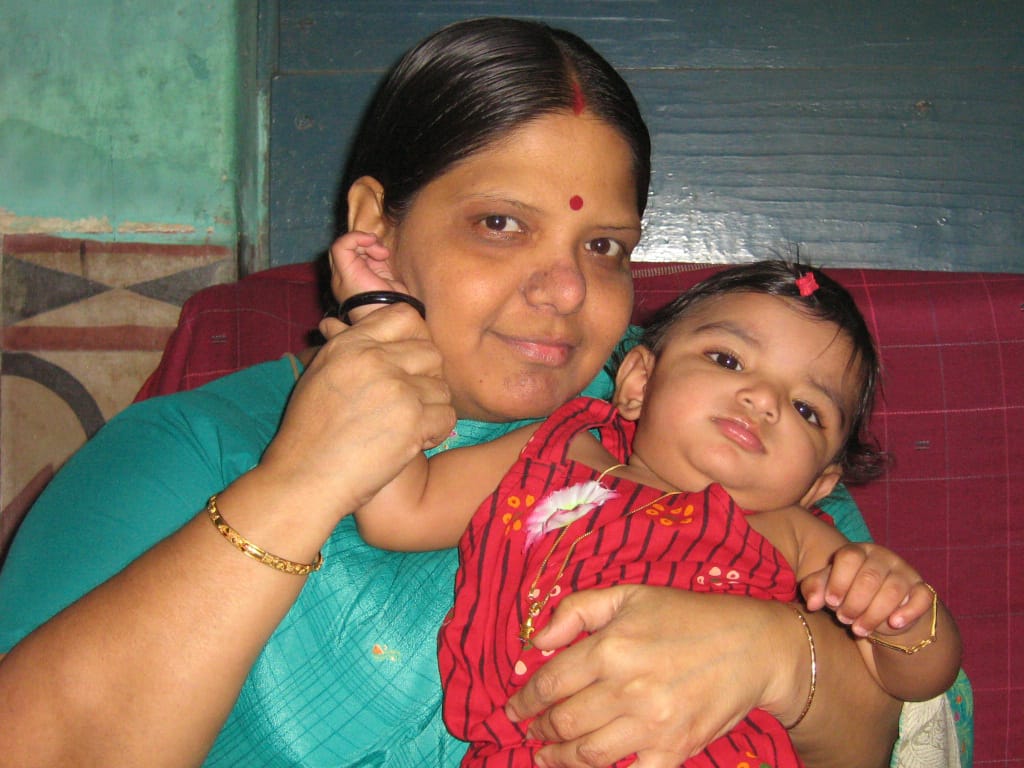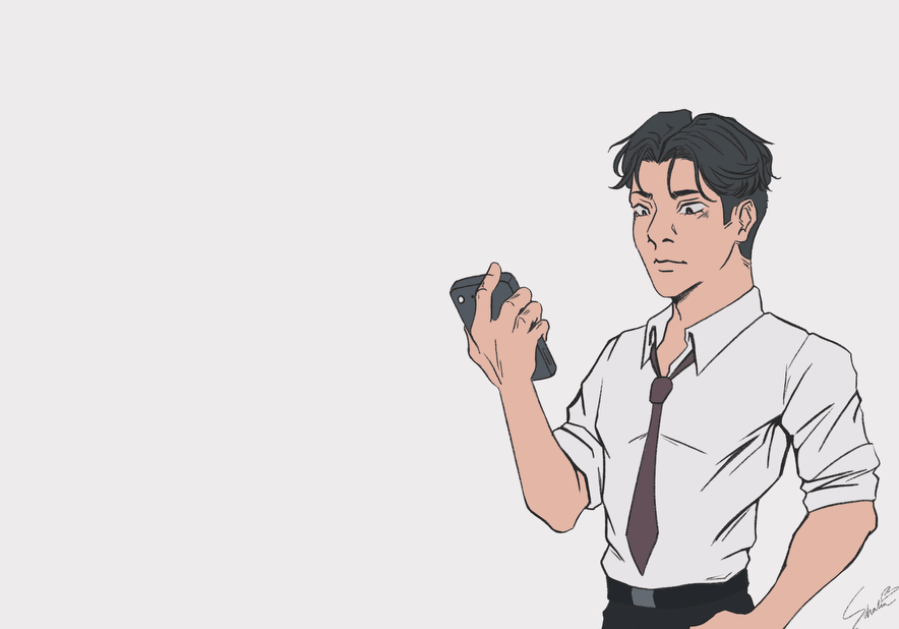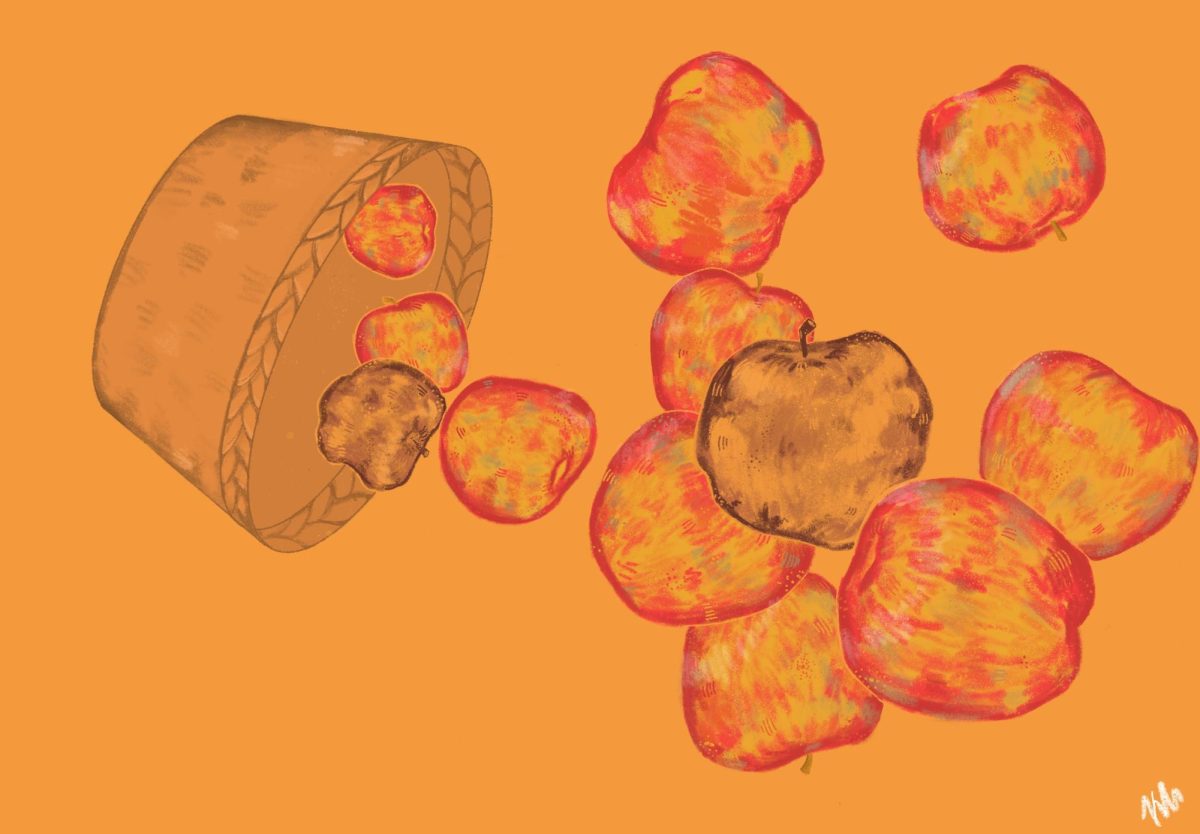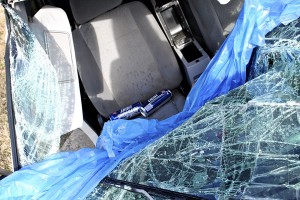
By Elizabeth Sims
Staff Writer
When I first got my permit I would panic as soon as my hands touched the steering wheel. My mind would suddenly be bombarded with apprehension and images of serious car accidents. While this fear is normal for new drivers, the root of my panic was far from usual. The panic-inducing images came from real car accidents that actually happened to me in the past, the most tragic happening when I was just three years old.
The dangers of drunk driving have been drilled into our heads since elementary school. From guest speakers to programs like Shattered Dreams, we cannot escape the warnings of potential consequences of drinking and driving.
As the years go by, this message falls to the back of our minds more and more. We pass off what we are hearing with thoughts like, “that will never happen to me” or “I did not drink that much – I can drive” or “I would never drink and drive.” There are two things that are very wrong with this mindset.
Anybody can be in a drunk driving accident, whether they drink and drive or not. When I was 3, my family was in an accident with a drunk driver on Christmas night. The driver collided with us head-on, and his car flipped on top of my family’s car. Our cars caught on fire, and the driver and his passenger were killed on impact. My mother broke five bones and the rest of us were battered and bruised.
I am certain my family did not plan on getting in the accident that night. We were just driving home from my grandparents’ house in Arlington and happened to be in the wrong place at the wrong time. This automatically rules out the mindset of “that will never happen to me” because it certainly can happen to you. Fortunately, we were able to recover from the accident, but the families of the drunk driver and his passenger would never truly recover.
This brings up the second issue with the thoughts we use to justify drunk driving. They usually include the words “I” or “me,” but drunk driving is not just a personal matter. It can have a ripple effect that stretches to everybody who knows you and surrounds you.
While you may think that you are OK to drive, one wrong decision has the potential to drastically change your life as well as the lives of your passengers, other drivers and their loved ones. Those involved in the accident feel the initial impacts, but it is those who know you and surround you who worry or possibly mourn.
My family was directly affected, but our extended family and friends also suffered because they were worried about us. The other driver and his passenger were affected directly and paid with their lives. Their family and friends felt the effects of this accident for years because they lost loved ones so suddenly.
Though this knowledge may not stop people from drinking, it might make them think twice before getting behind the wheel. Anyone, drunk or not, can get in an accident, and you are not the only one who is affected by your decisions. Drunk driving is no longer a personal matter. Your loved ones should be considered before you decide you are OK to drive.



